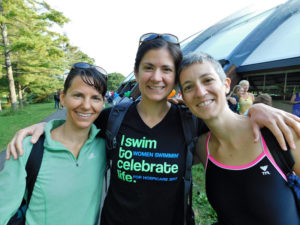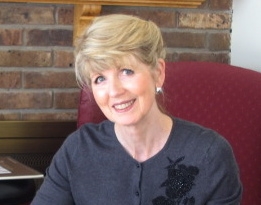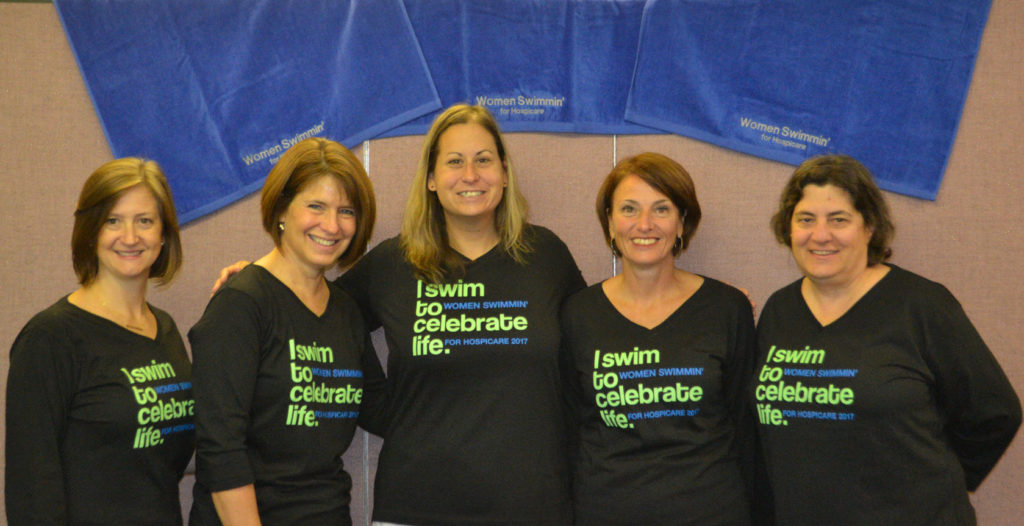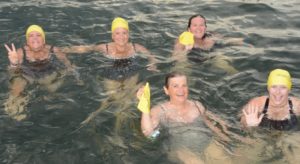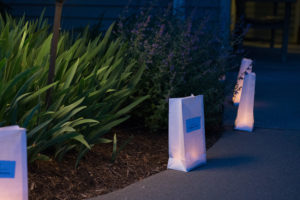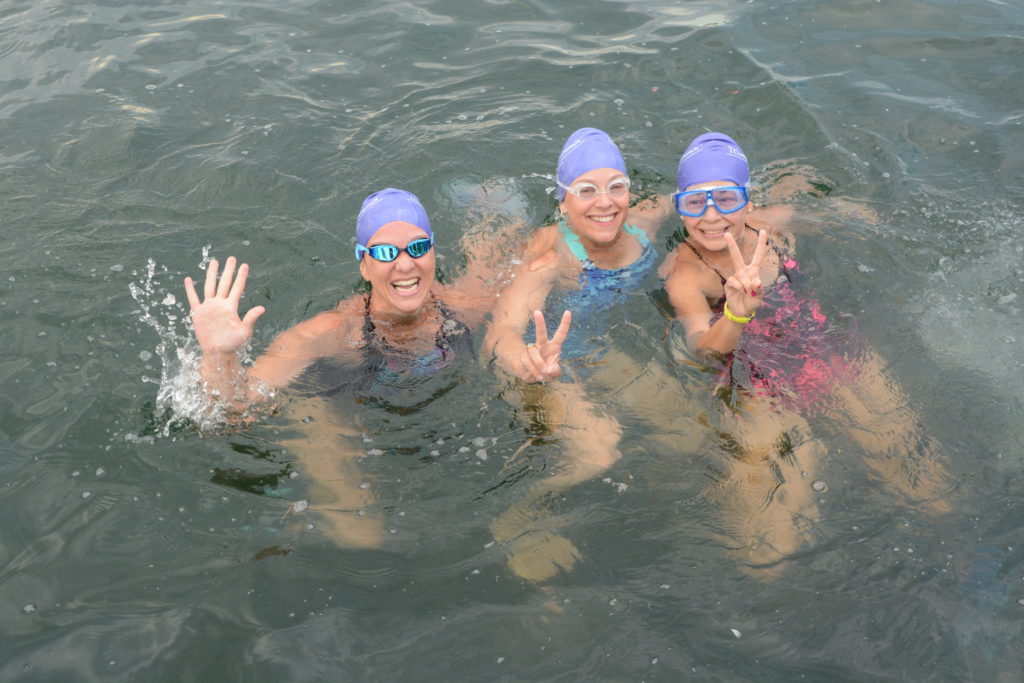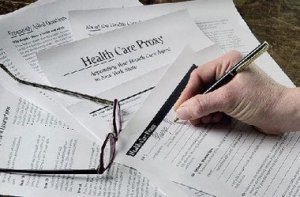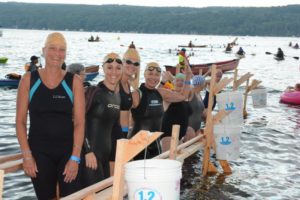 To get ready for registration day check out our website www.womenswimmin.org. This year Women Swimmin’ registration options include: Register as an Individual, Form a Team, and Join a Team. Please choose the Registration type that suits you, and if you’re not sure, don’t worry! If you register as an individual and later decide to form or join a team that can be accomplished from within your Participant Center. If you participated last year please use the same username and password. These were sent to you via email on April 8.
To get ready for registration day check out our website www.womenswimmin.org. This year Women Swimmin’ registration options include: Register as an Individual, Form a Team, and Join a Team. Please choose the Registration type that suits you, and if you’re not sure, don’t worry! If you register as an individual and later decide to form or join a team that can be accomplished from within your Participant Center. If you participated last year please use the same username and password. These were sent to you via email on April 8.You’ll be asked to enter specific information, including:
- Your date of birth (all swimmers must be at least 18 years old on the date of the swim)
- The name and phone number for an emergency contact (someone who will be on land and reachable the morning of Aug 11)
- All participants must have a unique email address to register for Women Swimmin’. If you plan to register multiple participants please make sure that you have an email address for each before you get started.
- Whether you need special accommodation to complete the swim (for example, needing to use a snorkel, or if you can’t wear a latex swim cap)
- If you want to swim with specific swimmers and/or be escorted by a particular boater
- Information about how fast you think you’ll swim
- Why you’re swimmin’ for Hospicare. We love hearing the reasons women choose to do the swim! We recommend you compose an answer before you register (you can also update this field after you register) so you can cut and paste it into the box on the registration form.
There is a non-refundable $25 registration fee for swimmers which goes toward your $200 fundraising minimum. If you are not one of the first 350 Lake Swimmers to register, you can still have a chance to swim- we will register 30 Wait List Swimmers. In past years, we have been able to offer a swim day spot to each woman on the wait list!
Important Note: The online registration process works best from the standard version of the website. Some swimmers have had trouble registering from their phone or tablet. We strongly recommend you register from a laptop or computer.
